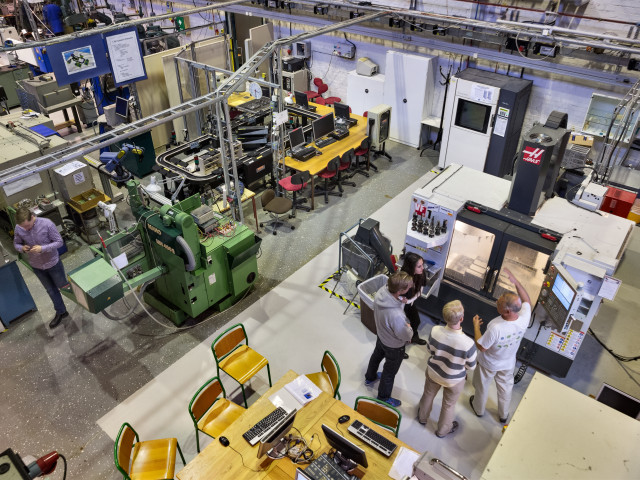•Definitioner av hälsa, välmående och hållbarhet
•Organisatoriska och sociala faktorer som påverkar hälsa
•Hur ledarskap påverkar hälsa och hållbarhet
•Systematiskt arbetsmiljöarbete
•Metoder och tillvägagångssätt för att utveckla anställdas hälsa och hållbart arbete
•Litteratursökning, granskning och källkritik
Studenten ska efter genomförd kurs kunna:
1.analysera och reflektera över de viktigaste sociala och organisatoriska faktorer som är relaterade till anställdas hälsa
2.analysera och reflektera över anställdas hälsa och hållbart arbete från ett systemperspektiv
3.analysera och reflektera över hur ledarskap påverkar hälsa och hållbart arbete
4.analysera och reflektera över hur arbetsorganisationer kan genomföra systematiskt arbetsmiljöarbete som främjar hälsa och förebygger ohälsa
5.föreslå relevanta och vetenskapligt grundade ledarskapsåtgärder
